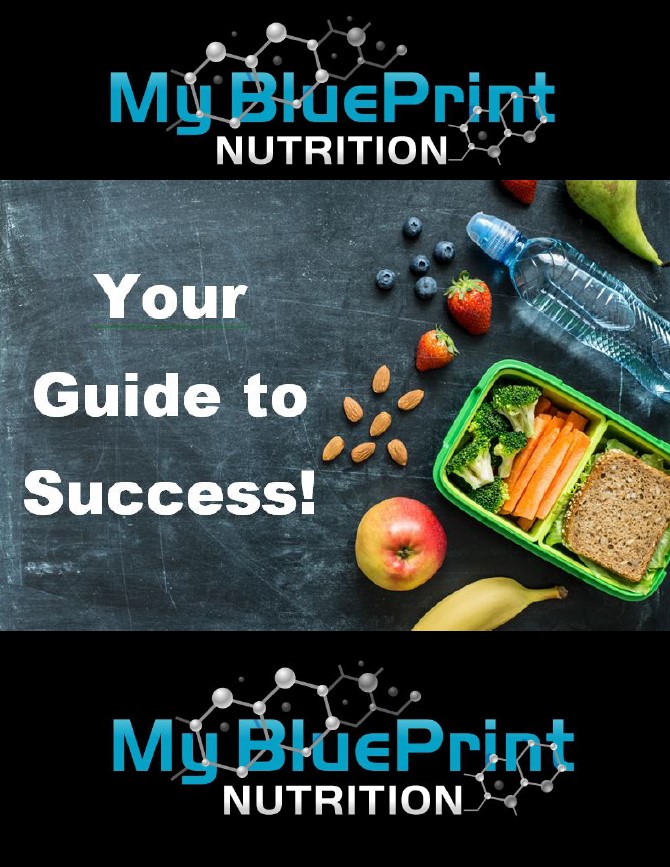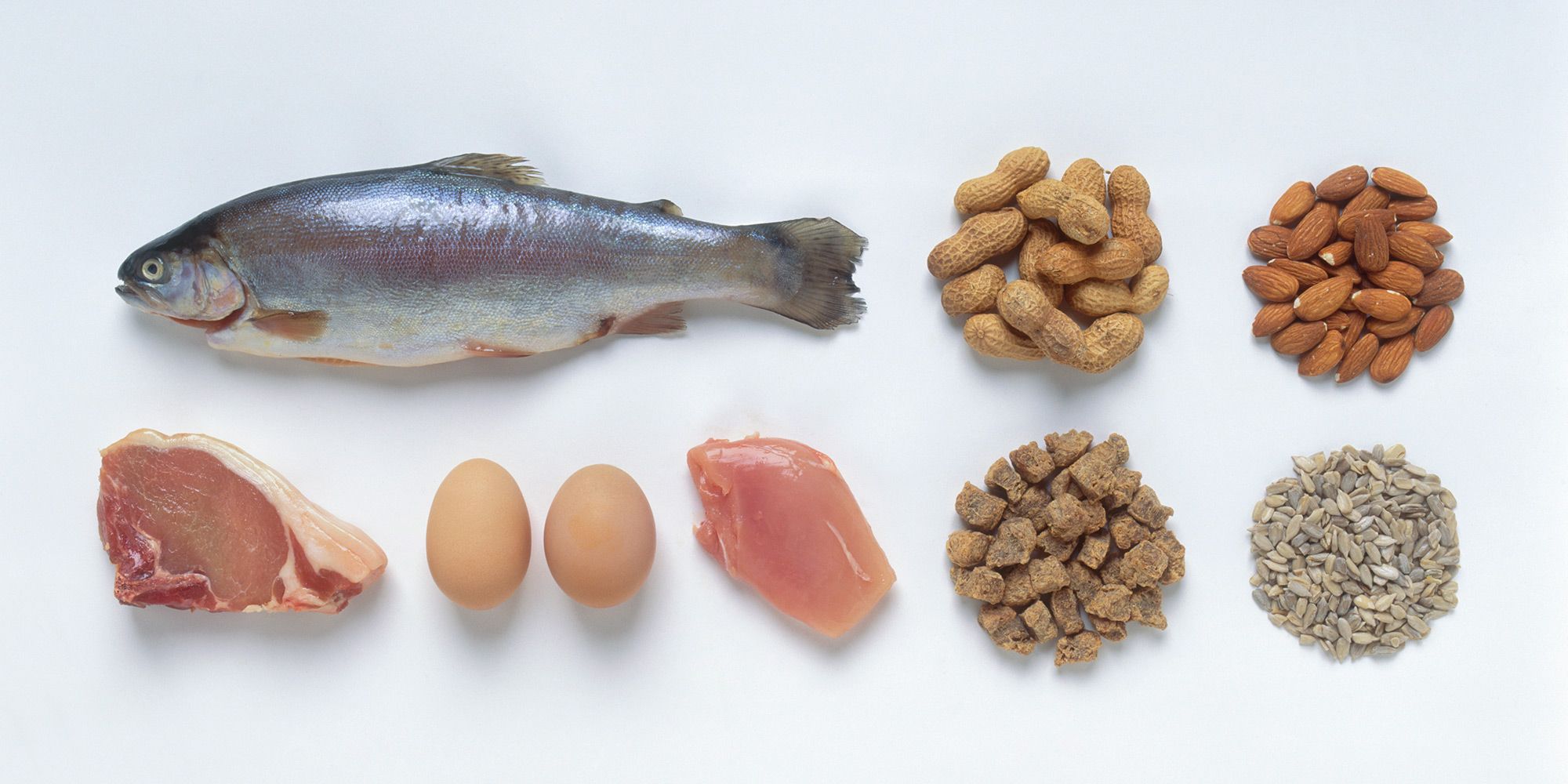Coffee is one of the most widely used pre-workouts, due to caffeine’s stimulating effects on the central nervous system. I recently covered exactly why coffee can be a useful pre-workout supplement (click here to read).
What about drinking a coffee after your workout??
Not only is coffee a popular pre-workout beverage, but I know many early birds that like to have a cup of coffee after their morning gym session on the way to work. I’m willing to assume that post-workout recovery is not the reason behind the coffee, but what If I told you there is some evidence that suggests caffeine can enhance recovery after intense training?
At first thought, it may seem counter-intuitive to receive your “boost” once your workout is already over. However, there may be at least 2 distinct functions of caffeine that can serve as a post workout recovery enhancer.
- Caffeine increases muscle glycogen resynthesis.
Muscle glycogen is the main fuel source during training, and the degree of depletion depends on the intensity of the workout. The more intense the workout, the more glycogen is burned, the more carbohydrate we need to eat to replenish. A study from 2008 found that individuals that co-ingested caffeine with carbohydrates following intense training had 66% more glycogen resynthesis 4 hours after exercise then the group that ate carbs alone.
- Caffeine helps reduce delayed onset muscle soreness
DOMS generally lasts 24-72 hours after a hard workout, and can negatively impact exercise performance and range of motion in the following days, as well as providing overall discomfort. Caffeine is known to reduce feelings of pain and exhaustion during training, but it wasn’t until this year that its effects on pain after training have been studied. A paper published a few months ago (March 2017) in the Journal of Strength & Conditioning Research, reports that caffeine reduces feelings of perceived soreness in the days following an intense endurance cycling event.
These findings indicate that drinking coffee after your workout may be more beneficial then we initially expected!
Just a cautionary note… if you are already consuming coffee/caffeine before your workout and want to do so after as well, be mindful of how much you are having.
Stop by SST and try our highly rated Butts & Guts boot camp, and stay for a coffee and chat with one of our excellent coaches! For any sport specific training or nutritional inquires, contact me directly and we can get started with a complimentary nutritional assessment. Also, give us a follow on social media for more training & nutritional advice! @sstburlington
Chris Anderi
Head Strength Performance Coach SST Burlington
MSc candidate, Physiology & Nutrition
CSEP-CEP
Chico7@sstcanada.com









